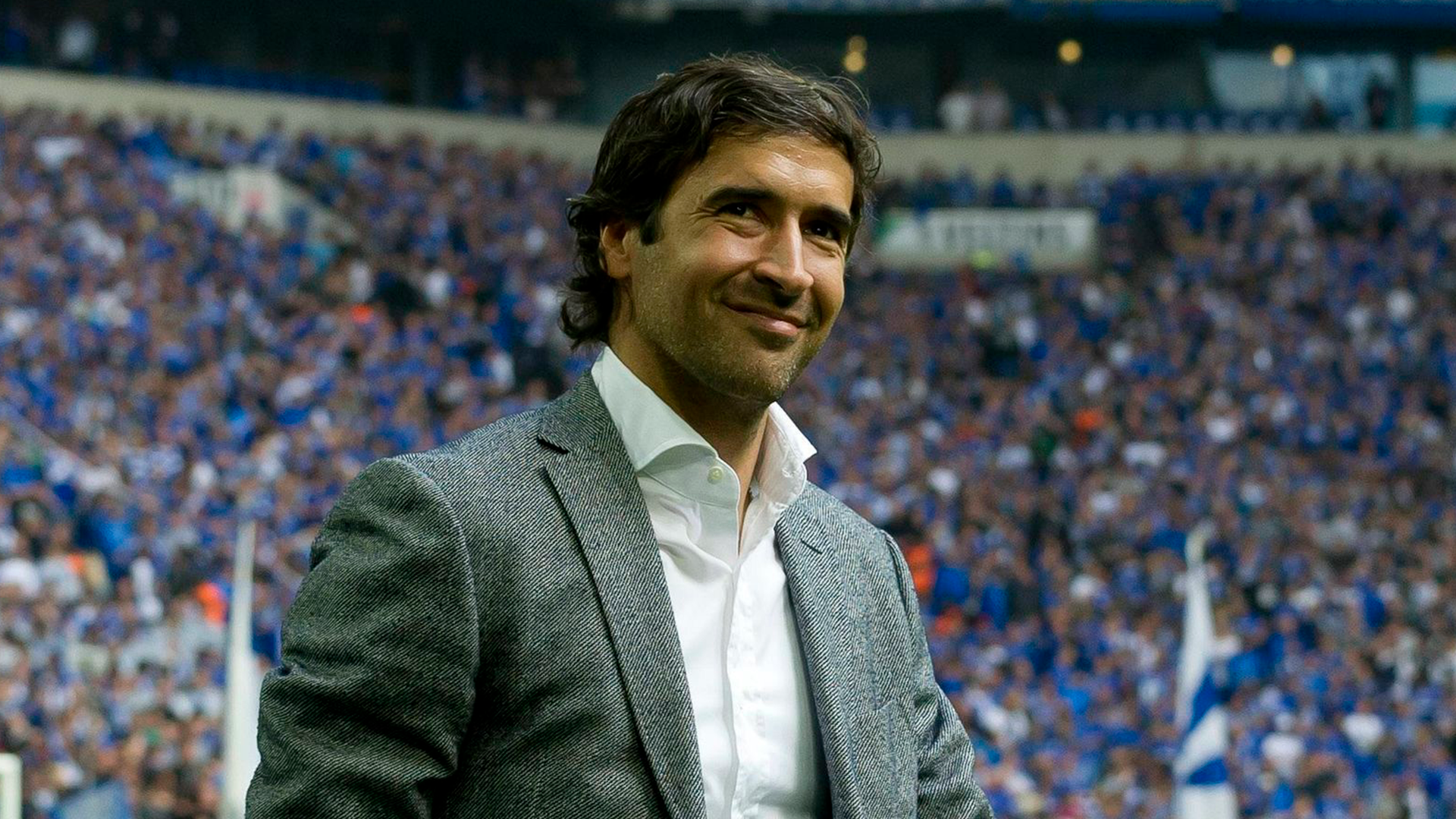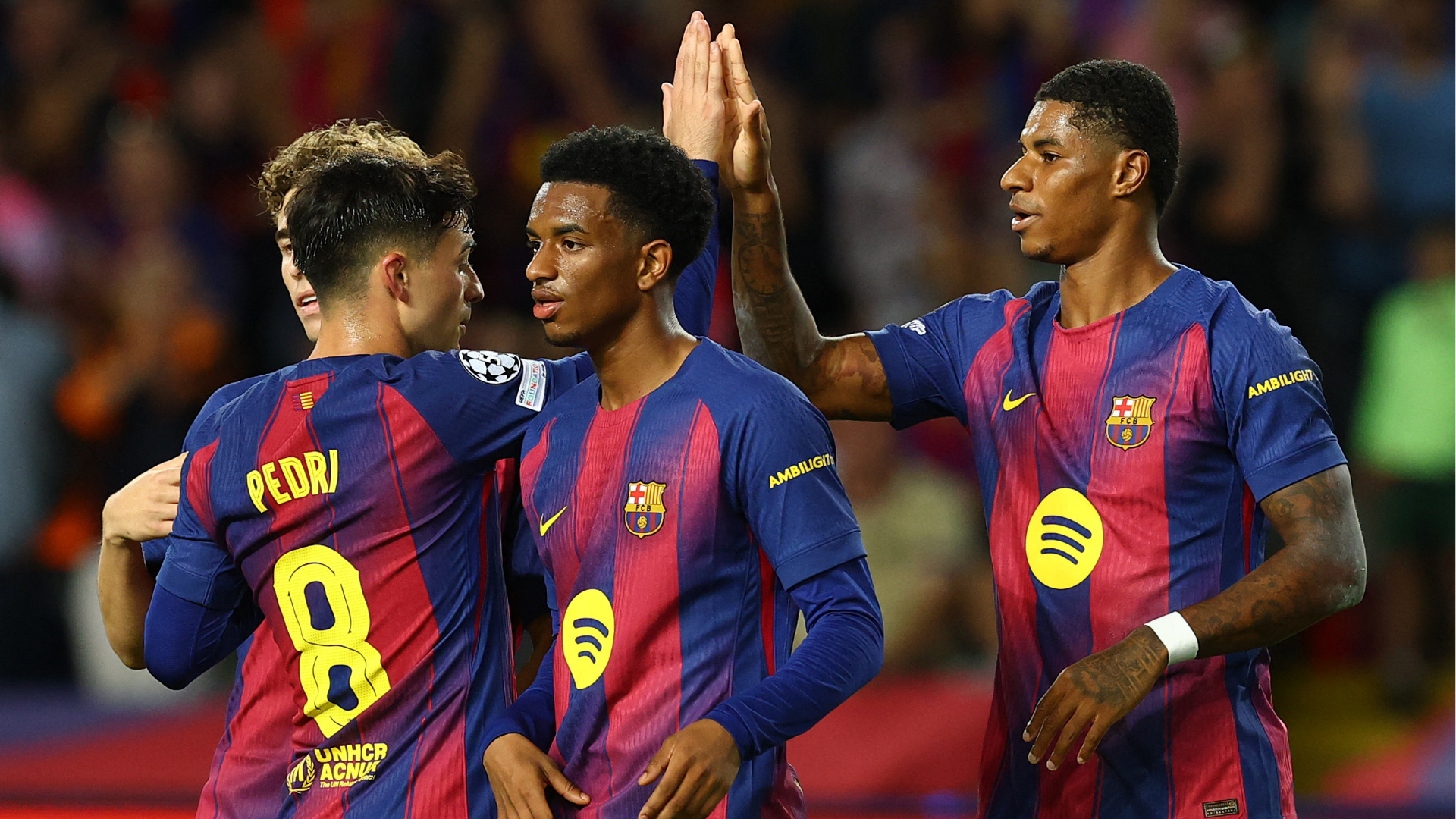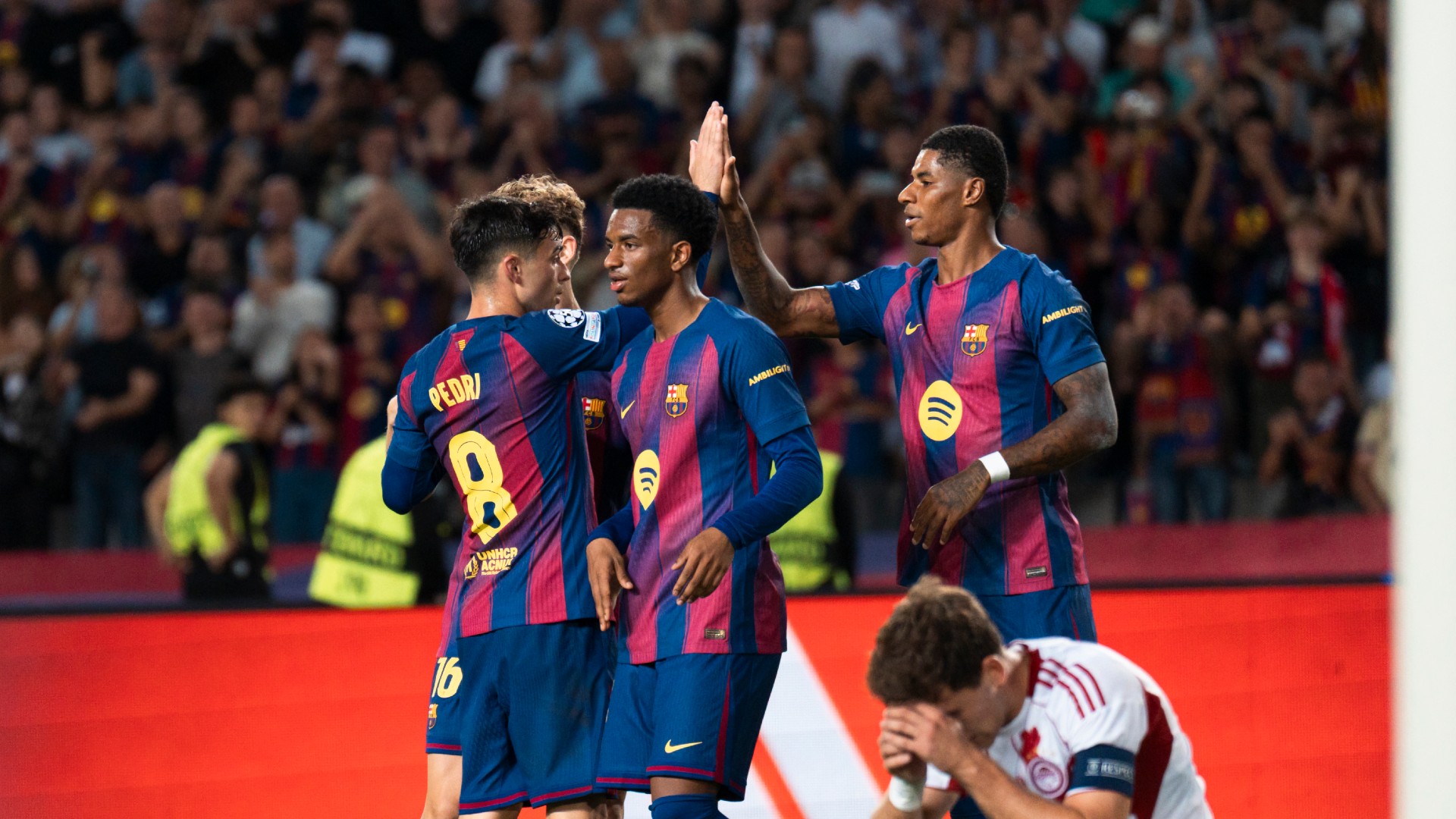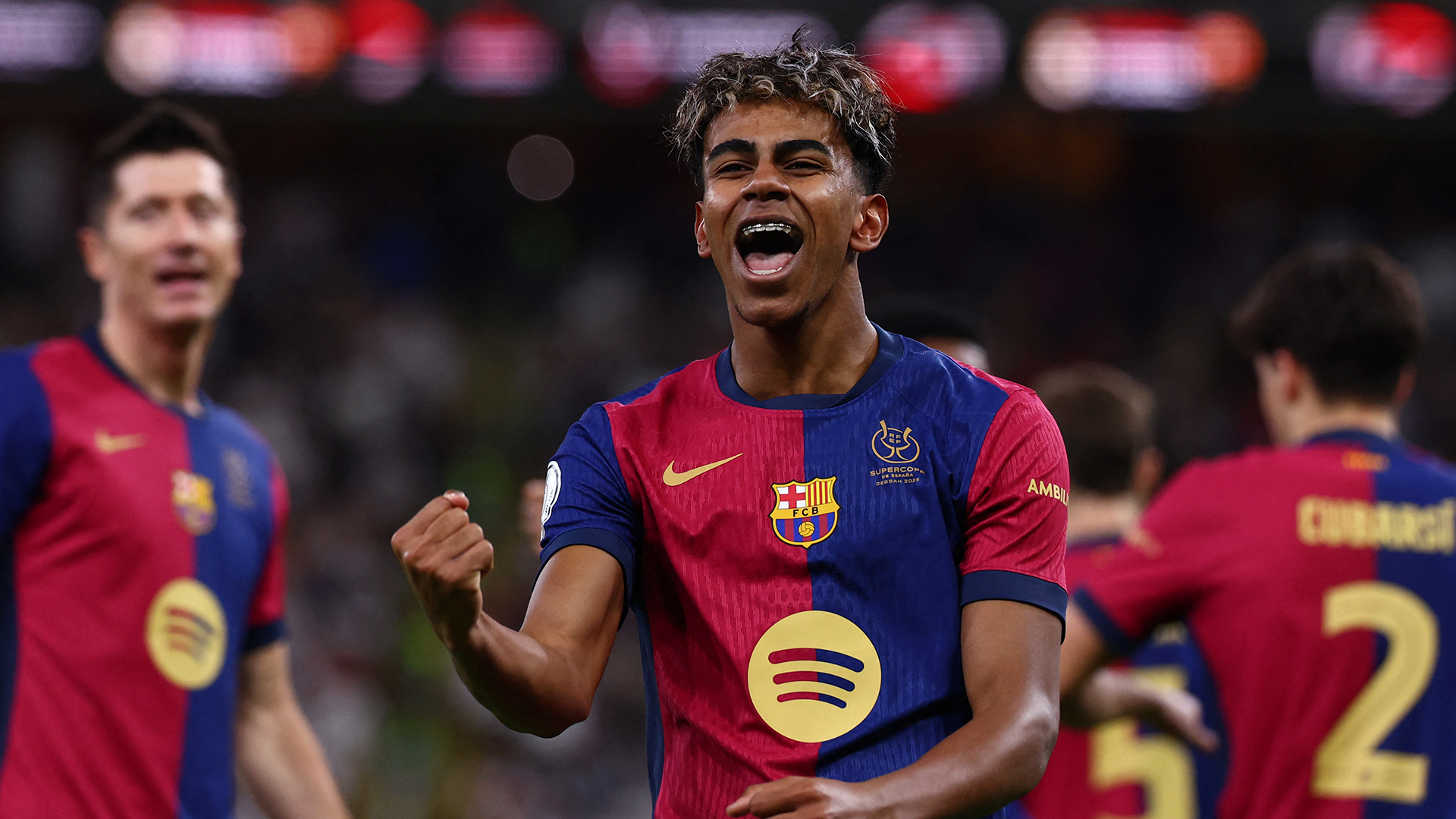Everything Barcelona Loses After the Cancellation of the Miami Match
The Miami match was far more than just a friendly. Barça loses millions, visibility, and a key chance to strengthen its brand in the United States.
An Unexpected Financial Hit
The cancellation of FC Barcelona’s highly anticipated match in Miami has dealt a major blow to the Catalan club, which had already begun logistical and commercial preparations for its U.S. landing. The fixture against Villarreal, planned as part of LaLiga’s international expansion strategy, was seen as a golden opportunity to strengthen Barça’s presence in the North American market — both financially and as a global brand.
From an economic standpoint, the club expected to earn between five and six million euros, a variable amount tied to multiple factors such as ticket sales, sponsorships, and related rights. The organizing company was set to handle payments to the participating clubs, but with the event now scrapped, Barcelona loses a direct and significant revenue stream that had already been budgeted.
70,000 Tickets Reserved and a Sold-Out Crowd
The financial impact is even greater when considering the massive anticipation surrounding the event. Nearly 70,000 tickets had been reserved for the Hard Rock Stadium, marking a record figure in the venue’s history for a club football match. All signs pointed to a sold-out crowd, with a sea of Barça supporters ready to turn Miami red and blue.
In an official statement, FC Barcelona said it respected the decision to cancel the game, though it acknowledged the timing was far from ideal. Beyond the sporting aspect, the match was a cornerstone of the club’s global expansion strategy — both a marketing push and a cultural showcase.

Sponsors and Missed Opportunities
Alongside ticket revenue, Barça had a packed commercial agenda ready to activate. Spotify, the club’s main partner, had prepared several marketing events and fan activations in Miami, while Goldman Sachs, one of Barça’s key financial allies, was planning meetings with clients and investors in major U.S. cities including Los Angeles, New York, and San Francisco.
These initiatives would have provided an additional financial and media boost, while also strengthening ties with key sponsors. However, all of it came to a halt following the cancellation — a double loss in both visibility and revenue for the Catalan giants.
A Sporting Impact as Well
Beyond finances, the decision also carries sporting consequences. The fixture was meant to replace an away match originally scheduled at La Cerámica, shifting it to neutral ground. Yet that neutrality was relative — the Hard Rock Stadium crowd would have been overwhelmingly Barça-leaning, giving Hansi Flick’s squad a symbolic edge.
Now, the cancellation leaves Barcelona without that international showcase — and without another chance to connect with its vast fan base in the United States. What was meant to be a global celebration of football has instead become another reminder that, even off the pitch, the game can still hurt on the scoreboard.






















